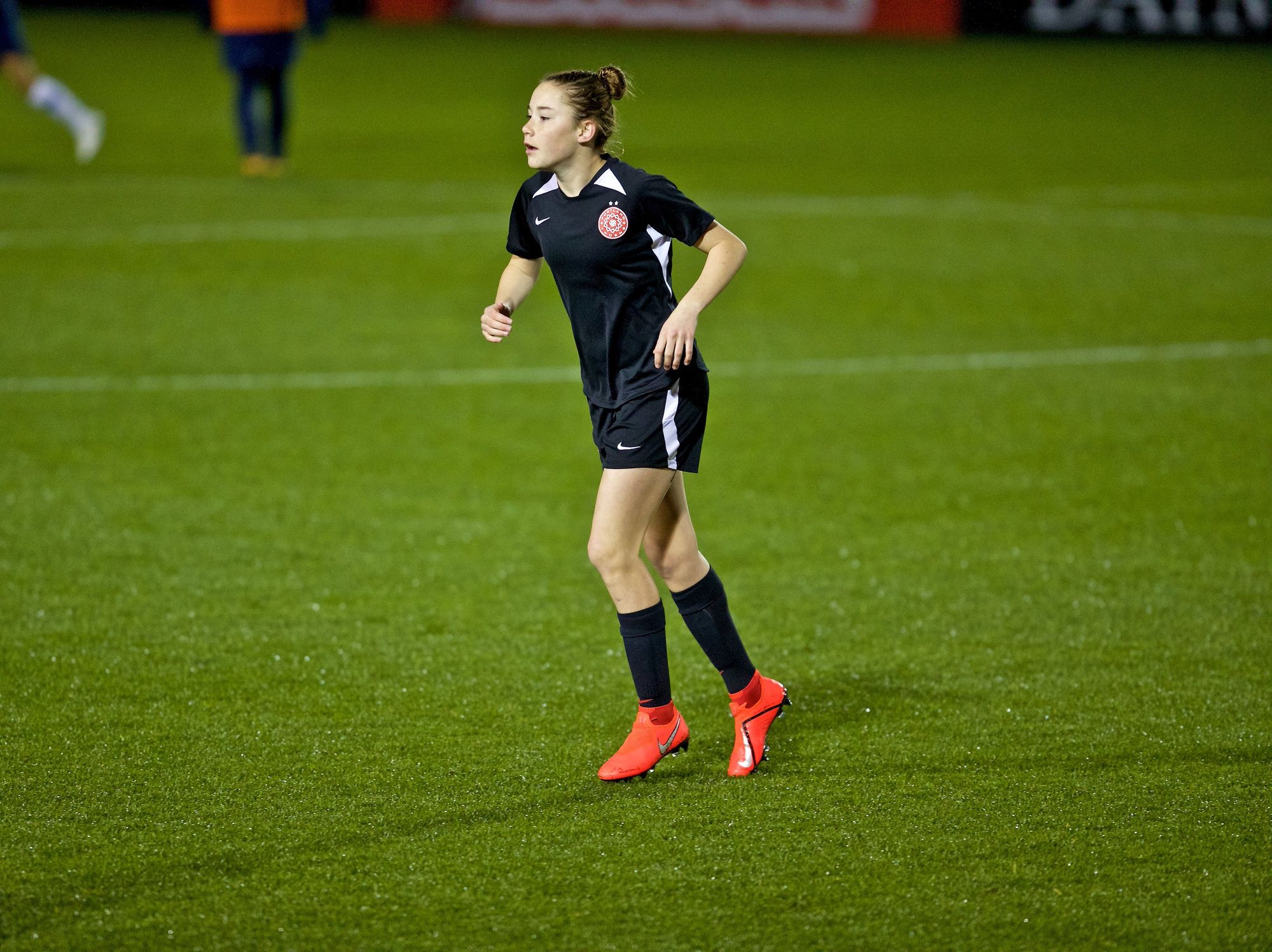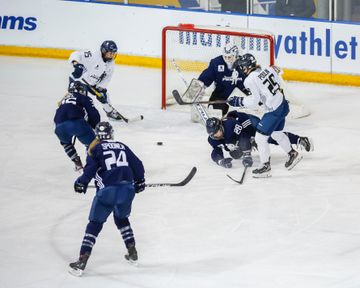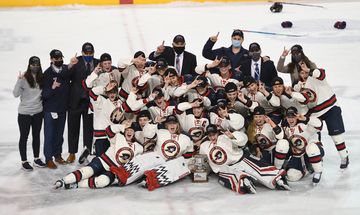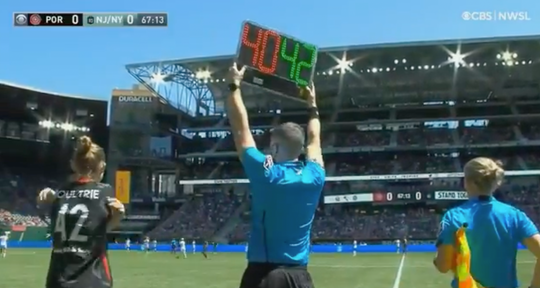Per a decision handed down by the U.S. District Court in Oregon today, the National Women's Soccer League cannot enforce its minimum age requirement to prevent a team from signing 15-year-old midfielder Olivia Moultrie. The temporary restraining order was obtained via a lawsuit on Olivia's behalf by her father, K. C. Moultrie.
Olivia currently plays with the Portland Thorns Academy and if an NWSL club were to sign her, the Thorns would be the most likely candidate. The order does not compel or request that any NWSL club, including the Thorns, sign Moultrie to a contract.
The temporary restraining order is active for 14 days at which point a hearing will take place to determine if a preliminary injunction should be issued. Despite the order's stated intention, it is unclear whether this TRO could make Olivia eligible to be rostered by an NWSL club this year, except possibly as a replacement player. The order applies to the under-18 rule that makes Olivia ineligible to play in the NWSL, and does not explicitly address the Discovery eligibility rule, which has an age minimum of 17. (Full details regarding current eligibility rules for NWSL players are on the NWSL website.) The preliminary injunction hearing may provide greater specificity about Olivia's eligibility per current NWSL rules.
While players under 18 have certainly made an impact in women's soccer on an international stage in the past, these are untested waters for the NWSL, who have had the minimum age requirement in effect since 2013. The challenge by the Moultrie family raises questions about the rule in terms of equity, since Major League Soccer and other international soccer leagues do not enforce similar age requirements.
The Moultries' main argument is focused on antitrust issues, claiming that the NWSL's age rule serves to restrict competition by barring players under 18 from the league who might give one club a competitive or market advantage.
Olivia's personal coach Joseph Smith and Thorns player Becky Sauerbrunn both testified that by not allowing Olivia to sign with an NWSL club, that she is missing out on developmental opportunities. Sauerbrunn said:
Keeping [Plaintiff] out of League play can slow her development, delay her improvement, and more generally impede her career. Playing against top professional competition, when the opponents play their hardest and when your failures have consequences, is how you learn to be at your best. Practice and scrimmages are very helpful, but nothing is a full substitute for real competition.
The NWSL argued that by allowing minors to play in the league, they would have to develop new rules and provide separate facilities for minors. The court did not find this hardship particularly compelling since the plaintiffs argue Moultrie has already been essentially treated like a member of the Thorns, absent being rostered for games and offered a contract, by traveling with the team and participating fully in practices and scrimmages:
The threat of irreparable injury to Plaintiff is not counterbalanced by any cognizable harm to Defendant from a temporary injunction. Defendant suggests that if minors are permitted to play in the NWSL, its expenses will skyrocket because it will need to develop guidelines to account for the presence of minors, to comply with all aspects of the Safe Sports Act, add hotel rooms and shower facilities for minors, and develop contracts specifically tailored for minors.
Defendant offers no estimate of these additional costs. Further, the record suggests that Plaintiff is already using the Thorns' locker room facilities and has traveled with the team to participate in preseason scrimmages.
It is notable that Portland Thorns Academy players have practiced with the NWSL Thorns in the past. Moultrie's situation is mainly unique in that most players do not try to go pro prior to turning 18 and void their college eligibility.
Regardless of whether Moultrie could end up being an impact player for the Thorns and how this might affect her personal development as a player, the TRO and upcoming hearing are raising questions, both ethical and legal, about the NWSL's age minimum, and call attention to it as a possible high-leverage issue in future CBA negotiations.
(Photo: @ThornsFC/Twitter)






